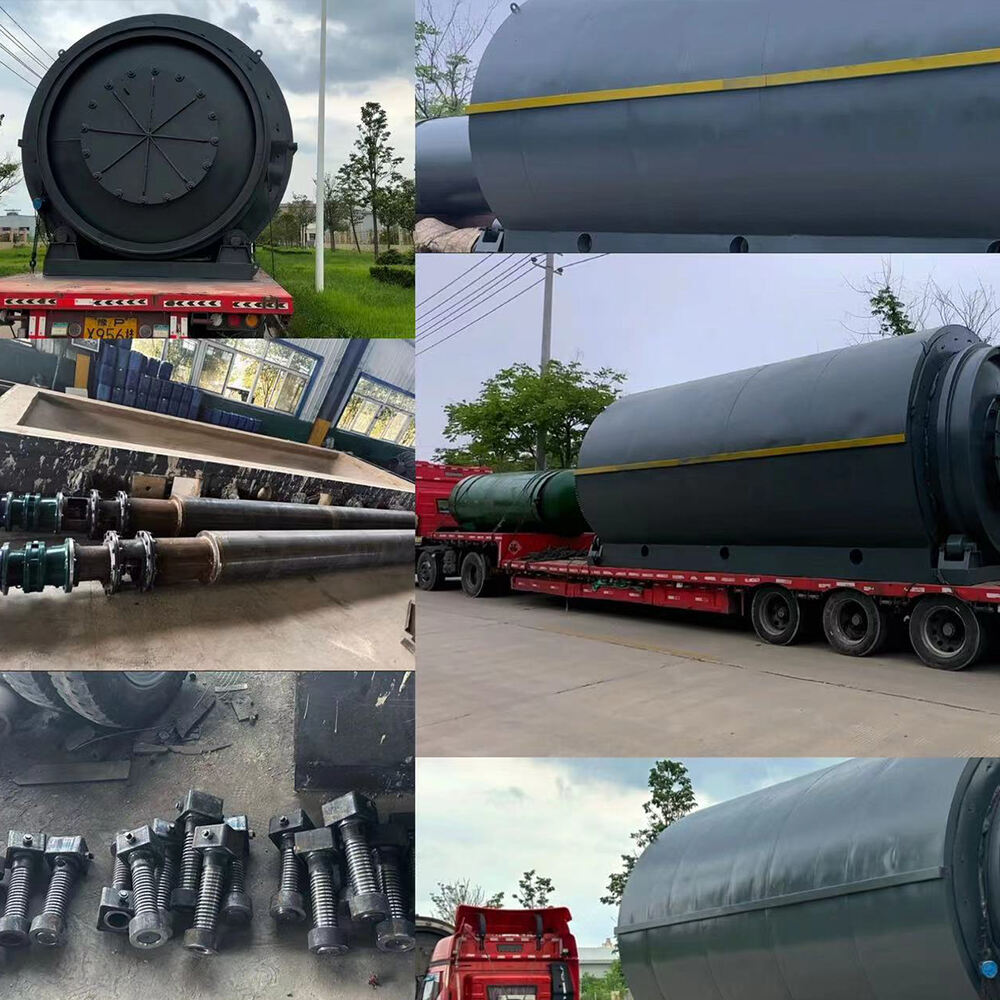Essential Techniques for Maximizing Crude Oil Distillation Output
Fractional Distillation Process Optimization
A continuous fractional distillation setup really makes a difference when it comes to getting better efficiency out of the system. It allows for much finer separation between components and generally means we get more of what we want from each batch of crude oil processed. The consistency this brings cuts down on those frustrating stoppages and all sorts of operational hiccups that waste time and money. When it comes to column design, moving away from old school tray systems toward structured packing materials has proven to be game changing. These new designs create way more contact surface area which helps things separate better during processing. Regular maintenance checks and proper calibration of these columns aren't optional either if we want them performing at their best. Without keeping everything properly tuned, even the most advanced equipment won't deliver top results in separating crude oil into its various components.
Temperature and Pressure Control Strategies
Controlling temperature and pressure throughout the distillation process plays a critical role in getting the most out of crude oil production. Keeping these factors within proper ranges helps maintain product quality while avoiding costly losses down the line. Modern automated control systems have become essential for this task since they can tweak settings on the fly when feedstock characteristics change unexpectedly. This real time adjustment keeps operations stable and maintains output quality even when raw materials vary. Pressure swing distillation methods are particularly useful for separating substances that boil at similar temperatures. These techniques significantly improve component recovery rates, which translates directly into better yields across various stages of oil refining operations.
Advanced Feedstock Pre-Treatment Methods
Getting the feedstock ready properly makes all the difference when it comes to producing good quality distillates from crude oil. Most facilities use a combination approach these days, mixing mechanical cleaning steps with chemical treatments to cut down on those pesky impurities that can ruin everything downstream. The catalytic stuff works wonders too by basically strengthening those hydrocarbon bonds so we end up with cleaner, better performing distillates. Operators constantly check the feedstock characteristics throughout the day because no two batches of crude are exactly alike. This ongoing monitoring lets them tweak their pre-treatment methods as needed, which is crucial since crude quality varies so much between different sources. These regular checks keep the whole system flexible enough to handle whatever comes through the door while still maintaining consistent output quality across the board.
Smart Polymer Membrane Applications
Polymer membranes smart enough to adapt are changing how we separate crude oil, giving us a much better option than those old energy hungry techniques. These special membranes pick out exactly the hydrocarbons we want while cutting down on all that power consumption that comes with regular distillation processes. What really stands out about them is this ability to change their permeability when exposed to different conditions outside, so operators get much finer control during separation. Tests have found that implementing this tech could cut refinery operating expenses by around 20 percent, which adds up to real money savings in an industry where every penny counts. Scientists working on this breakthrough recently shared their findings in Nature Materials, showing how these innovative materials represent a major leap forward not just for oil processing but across materials science as a whole.
Low-Temperature Distillation Systems
Low temp distillation setups are getting better at boosting efficiency because they reduce heat damage to delicate parts, keeping chemicals intact for longer periods. The systems use special columns designed specifically for cold processing that work great for splitting off those heavy oils without breaking them down. We've seen some real improvements lately with how refrigerants cycle through these processes, making the whole operation greener than traditional methods. Beyond just saving money on oil usage, this tech actually ticks boxes for international green standards since it doesn't put as much strain on our planet's resources compared to older approaches.
AI-Driven Predictive Maintenance Solutions
Predictive maintenance powered by artificial intelligence is changing how oil refineries handle their equipment upkeep and efficiency management. These systems monitor operations in real time, spotting problems before they happen so technicians can fix them before breakdowns occur. Studies suggest equipment lasts around 20 to 25 percent longer when maintained this way, while unplanned stoppages drop dramatically across most facilities. When refinery managers apply machine learning techniques to analyze all this data, they get better insights that lead to smarter decisions on the plant floor. For many operators in the refining business, adopting AI for predictive maintenance isn't just about cutting costs anymore it's becoming essential for keeping production running smoothly without those costly surprises that disrupt workflow.
Small-Scale Waste Oil Recycling Systems
The small scale waste oil recycling systems have changed how people deal with old oil, turning it back into useful parts at impressive efficiency levels. Companies can install these units right where they need them, cutting down on shipping expenses and shrinking the environmental impact from transporting waste oil around. Putting these systems to work actually saves money too many businesses report their waste oil disposal bills drop about 30% once they start using on site recycling solutions. That kind of savings makes good business sense while helping protect the environment at the same time.
Low-Temperature Black Oil Refining Machines
Black oil refining at low temperatures represents a greener way forward for the industry. What makes these machines special is their ability to process black oil while keeping precious components intact, all without guzzling massive amounts of power. Recent improvements have made it possible to extract those lighter oil fractions from heavier crude stocks, which means we get more sellable products out of each batch. Companies that switch to this technology typically save around 40% on energy costs when compared to older refining techniques. That's not just good for the bottom line either it helps reduce environmental impact significantly too, something that matters more every day in today's market landscape.
High-Capacity Diesel Extraction Plants
Big diesel extraction facilities play a major role in boosting output volumes and making diesel production more efficient without compromising on quality standards. These plants typically use several processing stages which helps them get better results even when working with poorer quality crude oil. Industry reports show that newer extraction methods can produce around 15 percent more diesel than the old ways did back in the day. This improvement speaks volumes about how far refinery technology has come forward in recent years, especially regarding what we can extract effectively from our raw materials.
Desulfurization-Enabled Crude Oil Distillers
Crude oil distillers equipped with desulfurization capabilities play a major part in cutting down those nasty emissions from refined petroleum products. These systems have become pretty much essential for controlling what goes into our atmosphere when processing oil. Recent improvements in desulfurization tech mean these distillers now remove way more sulfur than required by regulations. Some plants report getting rid of over half the sulfur oxides (SOx) in their output streams. This makes a real difference in local air quality around refineries and helps companies stay on the right side of environmental laws without breaking the bank on costly upgrades.
Base Oil Production via Thin-Film Evaporation
Thin film evaporation has become quite popular among manufacturers looking to make better base oils without using so much energy. The process works well because the oil spends less time in contact with heat sources, which means there's less chance it will break down from excessive heating. According to industry reports, when companies switch to this method they often see their yields go up around 30 percent compared to traditional approaches. That kind of jump makes a real difference in how efficiently refineries operate day to day.
Energy Recovery Through Heat Integration
Putting heat integration methods into practice at oil refineries offers a solid way to get back and reuse wasted energy, which cuts down on running expenses quite a bit. When refineries install those heat exchangers, they basically move warmth from hot waste streams to cooler ones coming in, boosting how well the whole facility manages heat. Some research indicates these systems can save around 25% in energy usage, though actual results vary depending on setup specifics. Beyond just saving money, this kind of efficiency work fits right into where the industry is heading these days with greener operations. Refineries adopting such approaches not only spend less but also shrink their environmental impact, something regulators and customers increasingly care about as climate concerns grow.
Emission Reduction via Closed-Loop Systems
For today's refineries, closed loop systems have become something of a necessity rather than just an option. They work by trapping those nasty emissions before they can slip out into the air we breathe, which keeps facilities within the bounds set by environmental regulations. What makes these systems really stand out is their ability to grab what would otherwise be wasted gases and put them back into the production cycle. Some studies point to refineries cutting down on waste emissions by around 60% after switching to closed loop methods. Beyond just looking good on paper, this kind of improvement actually changes how communities view industrial sites nearby. Refineries that invest in these systems aren't just ticking boxes for regulators either they're positioning themselves as serious players in the sustainability game while keeping their operations running smoothly under increasingly strict environmental laws.
Waste-to-Resource Conversion Techniques
Refineries are starting to see real value in converting waste materials back into usable products rather than just tossing them away. When they implement these kinds of conversion methods, they actually generate extra income while making better use of what they already have. Less waste means lower disposal costs too, which helps bottom lines stay healthy. According to recent industry data, many top oil companies have started adopting similar approaches across their operations. For instance, Shell recently announced plans to turn sulfur byproducts into marketable chemicals at several facilities. While there are upfront investment costs involved, the long term payoff includes both reduced environmental impact and new business opportunities from previously discarded materials. Most importantly, this transition represents something tangible for industries trying to balance profit motives with growing pressure to operate more sustainably.
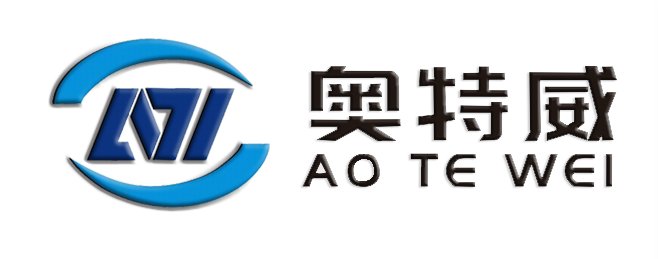

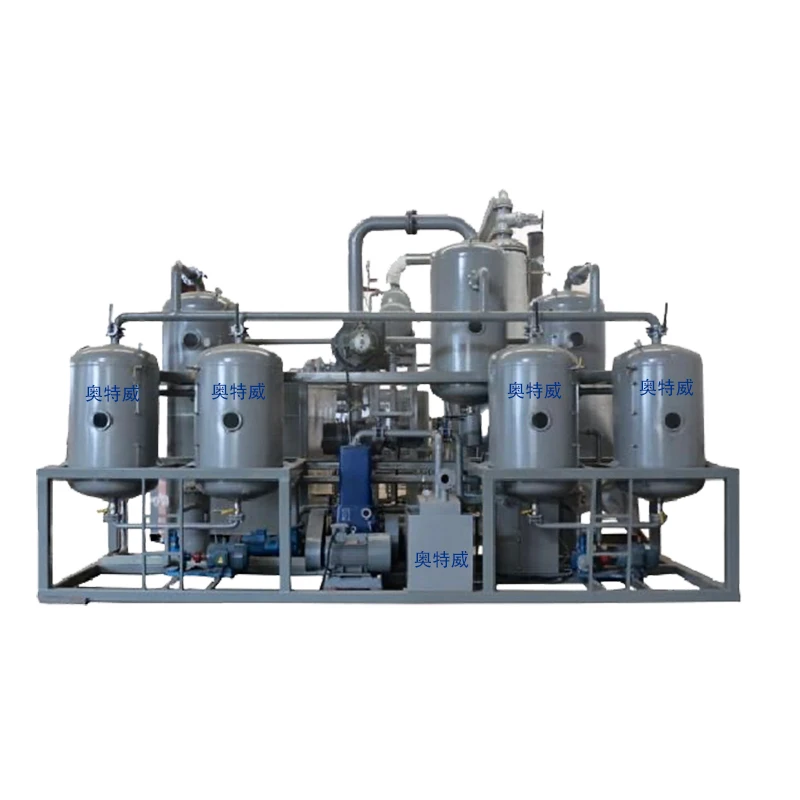
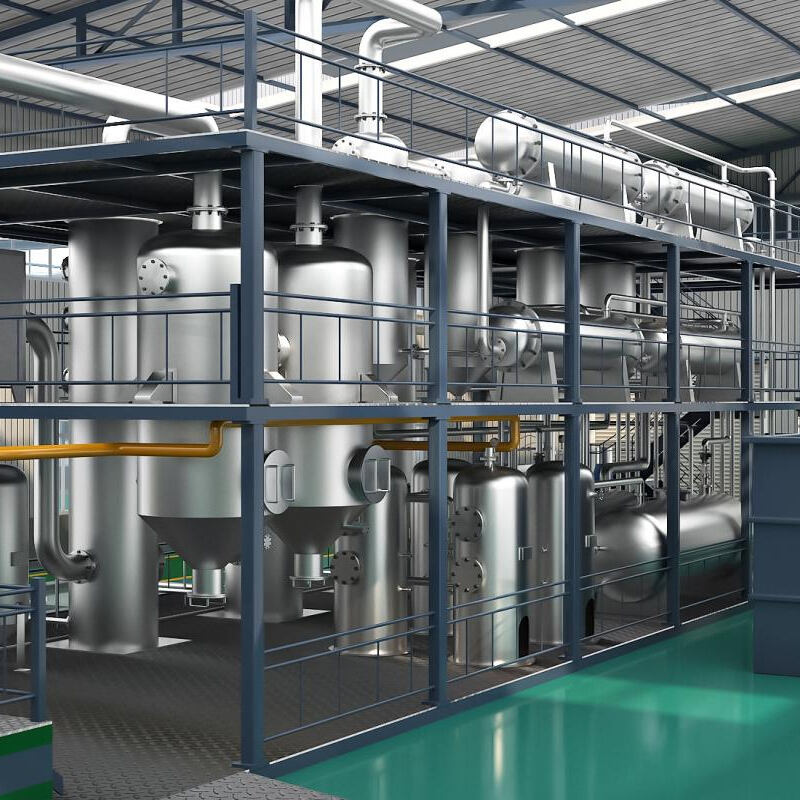
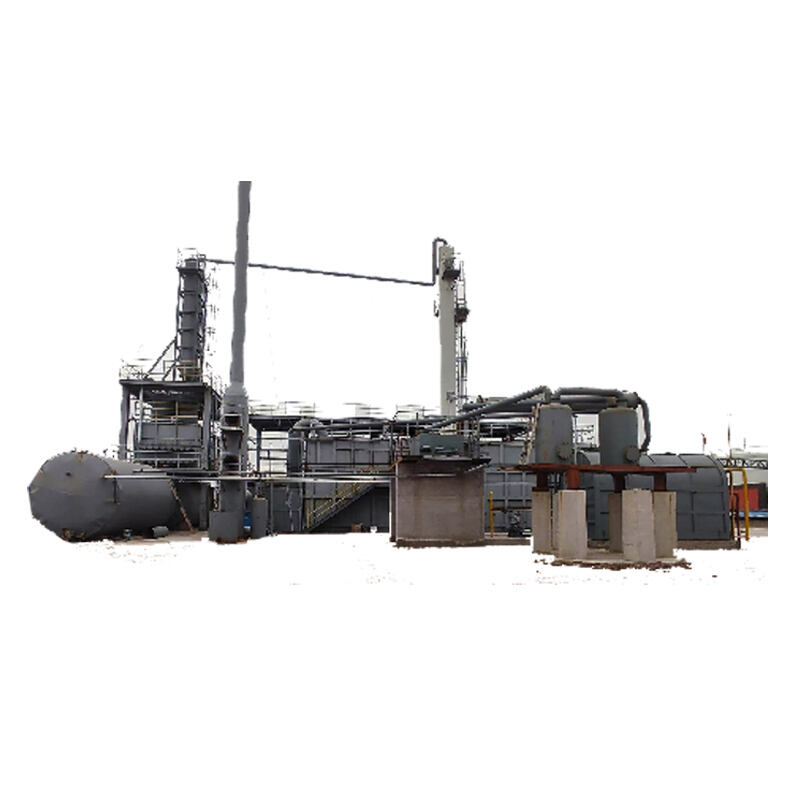

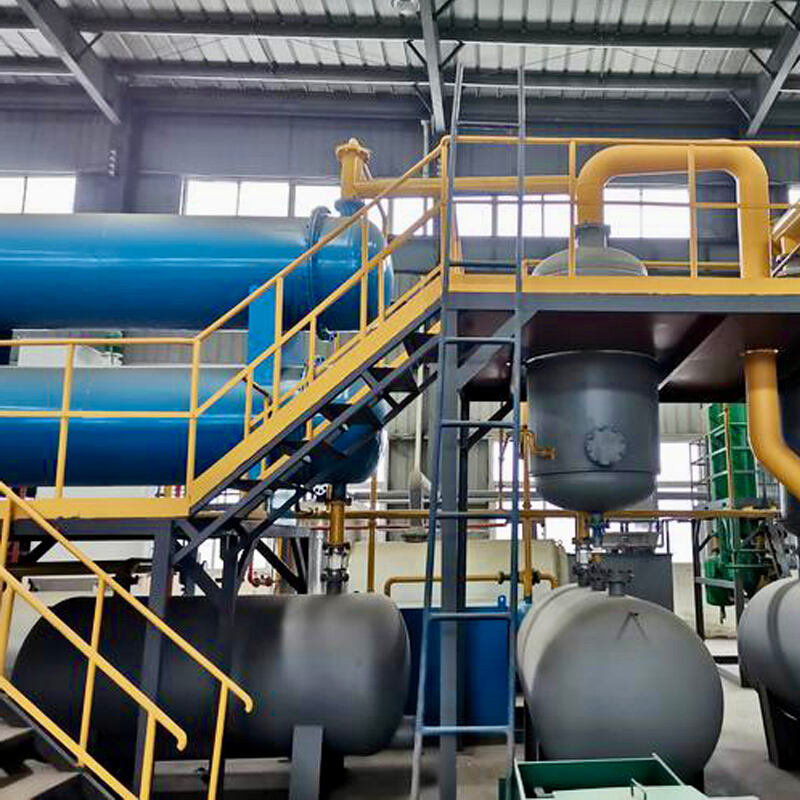
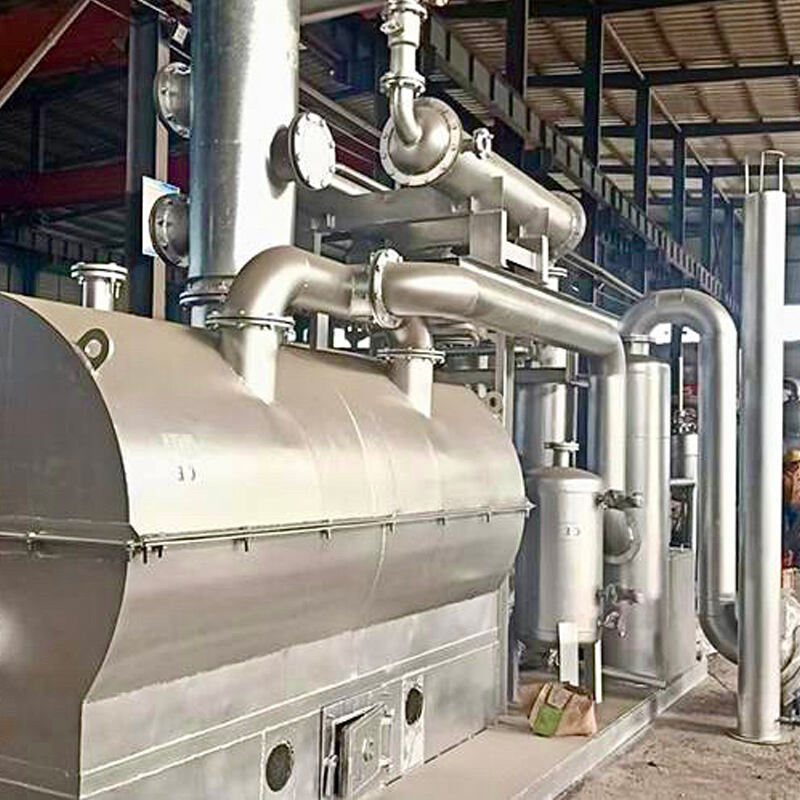
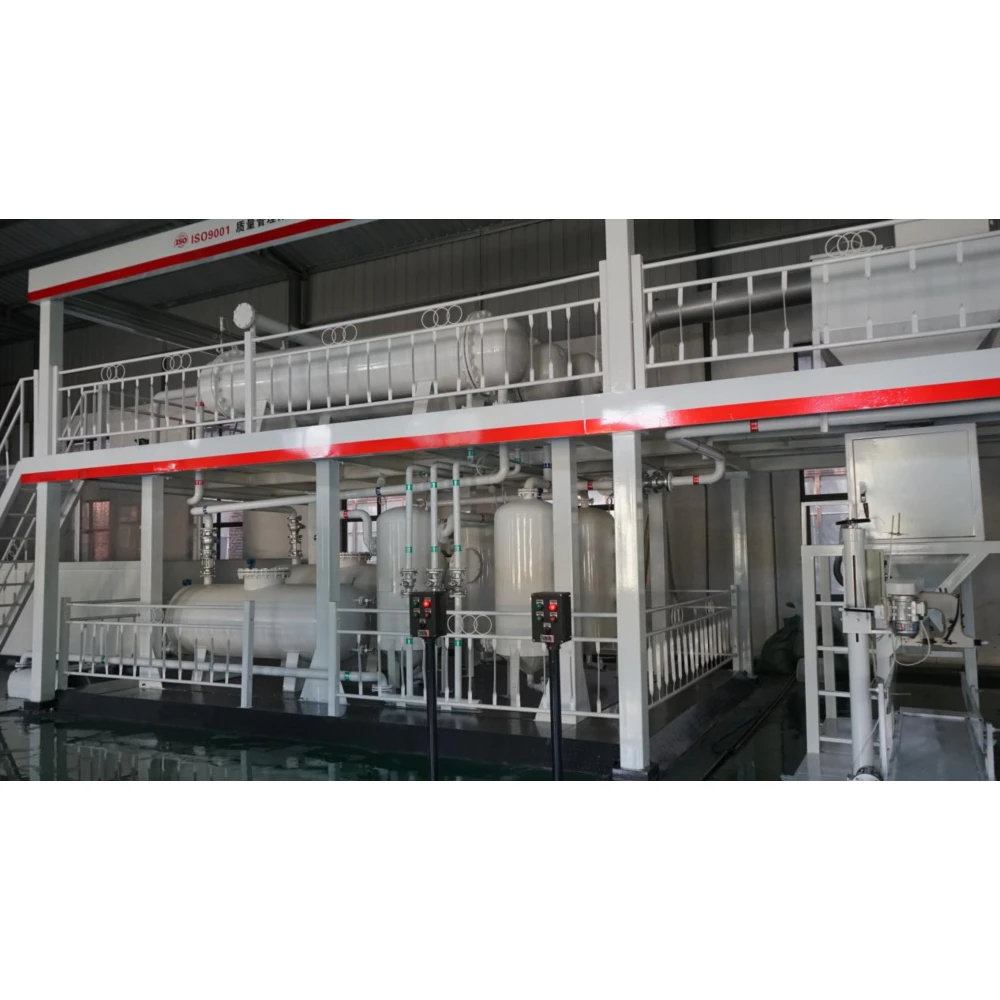
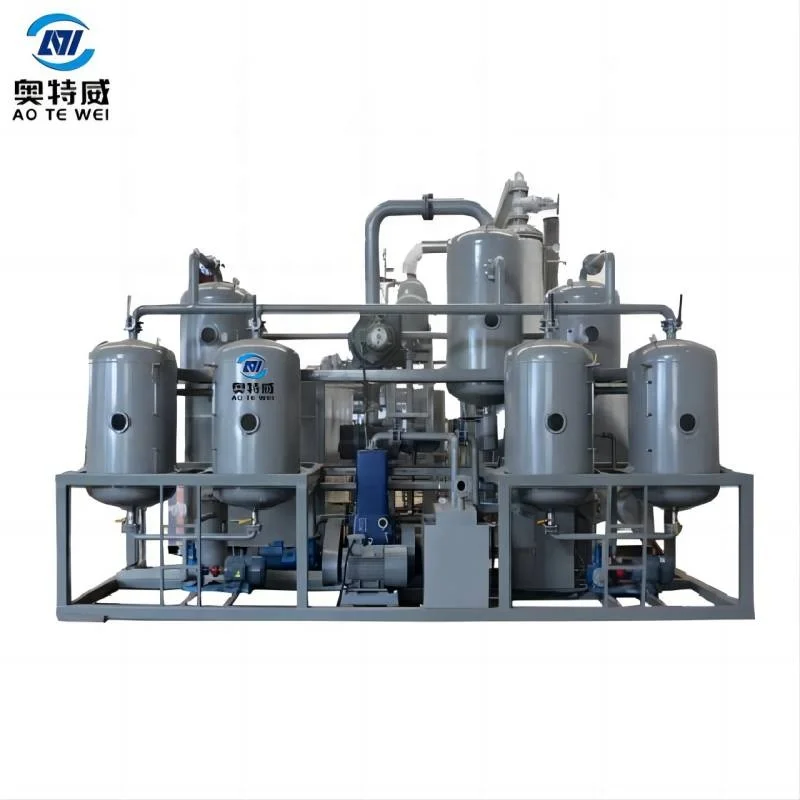
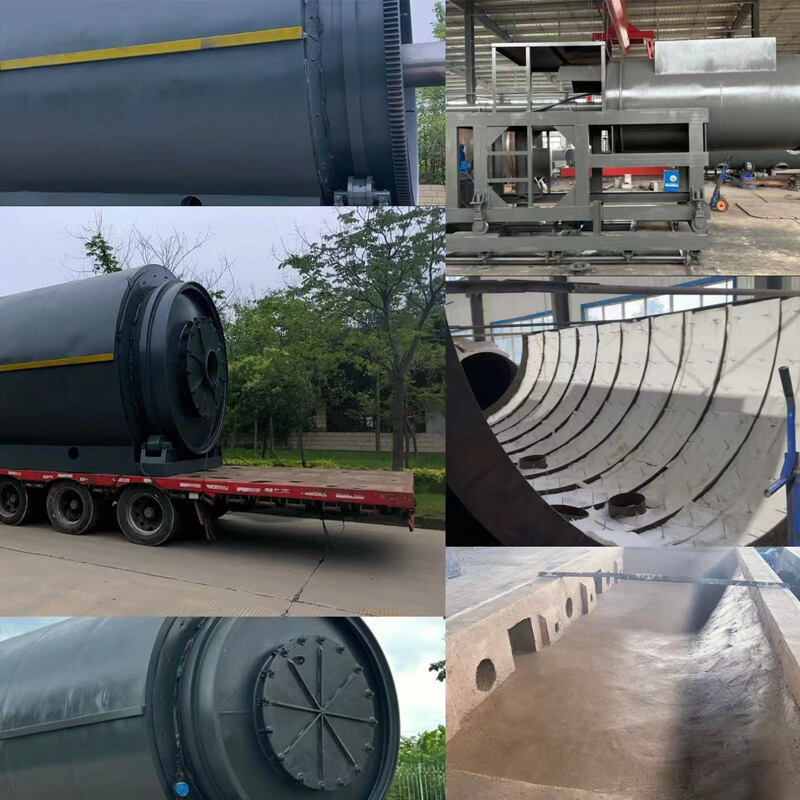

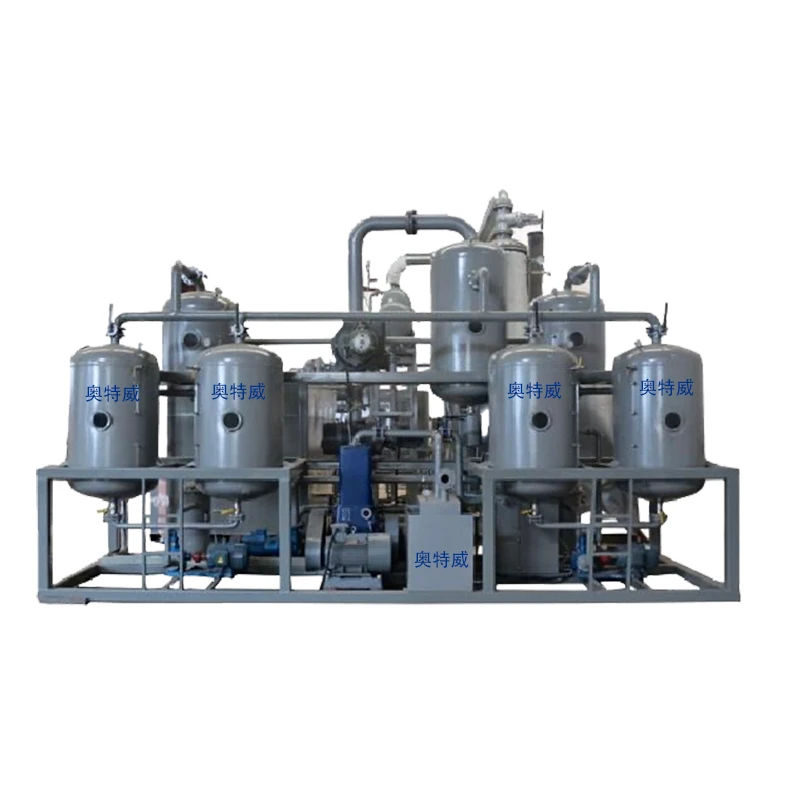
 Hot News
Hot News